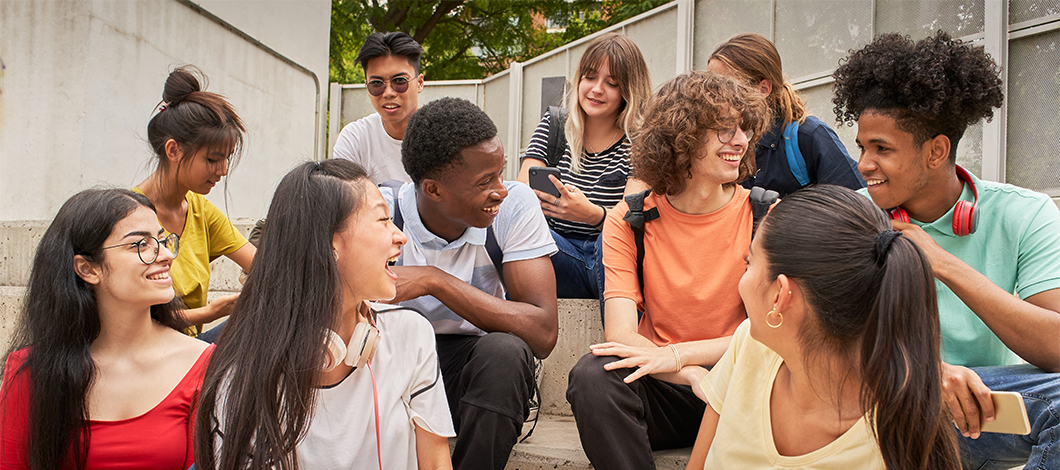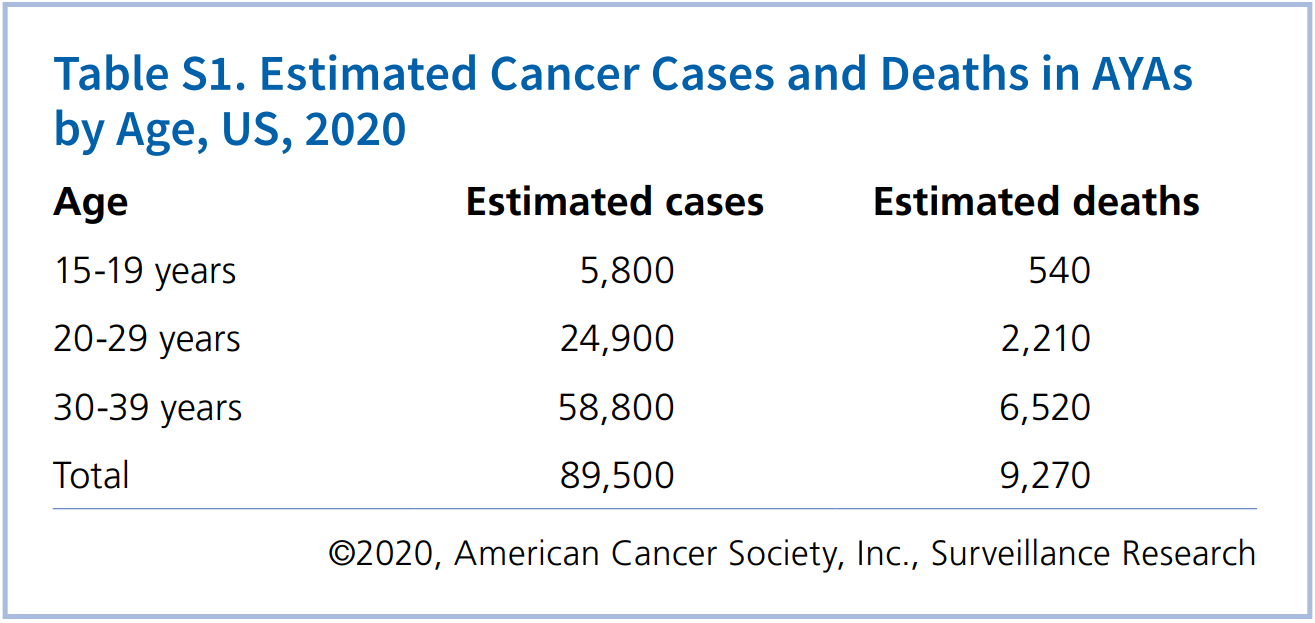Adolescents and Young Adults Cancer Care
About Cancer in the Adolescent and Young Adult Patient

The needs of Adolescent and Young Adult (AYA) patients with cancer are multiple, complex and different from younger pediatric or older adult patients with cancer. This age group is typically navigating additional issues at the time of diagnosis, including self-identity, independence, relationships, increasing school and professional responsibilities as well as issues of sexuality and fertility.
According to the American Cancer Society, each year nearly 90,000 adolescents and young adults (ages 15-39) will be diagnosed with cancer. Cancers are often found later in young adults than they are in other age groups; in part because cancer is uncommon and because the range of cancer types is different from cancers that affect children or older adults. Specialist often specialize in treating either young children with cancer or older adults with cancer, and may be less familiar with treating cancers in this middle age group.

Adolescents and young adults may be worried about body image, relationships and intimacy. Family planning and fertility issues can be a concern, and medical providers and staff aren't always equipped to facilitate conversations about fertility preservation.
For AYA patients, cancer can be a major disruption to career and life plans. And because cancer is relatively rare in adolescents and young adults, AYA patients may encounter few patients their age. Young people with cancer say it's especially helpful to connect with other young people who have had their own experiences with cancer.
Cancer patients from this age group have shared that the transition after treatment took longer and was more challenging than anticipated. Although follow-up care is important for all survivors, it is especially important for young adults.
Cancer clinical trials are also an option for many teens and young adults. Clinical trials are research studies that test new treatments to learn if they are safe, effective and possibly better than the standard treatments for that type of cancer. Adolescents and young adults are underrepresented in cancer clinical trials, with only about two in 100 young adults joining clinical trials. Because doctors and researchers need to know more about the best cancer treatments for people in this age group, more participation by this age group is critical.
For more information on the specific needs of adolescents and young adults with cancer, please visit:
Teen Cancer America
Teen Cancer America has made significant strides by partnering with U.S. hospitals to enhance teen-friendly cancer facilities and improve age-targeted care standards.

